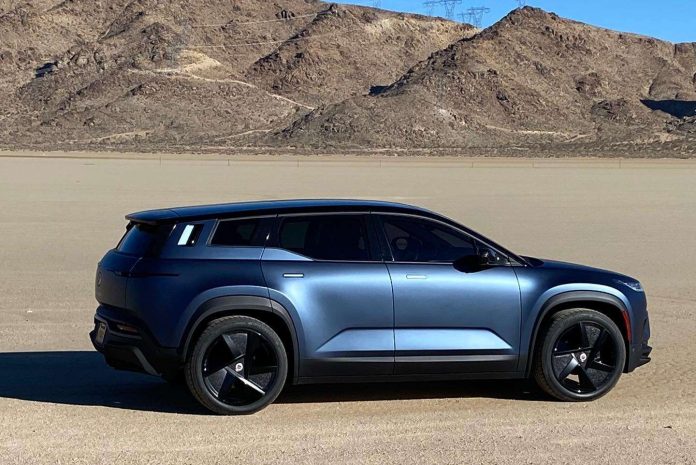Electric vehicle maker Fisker today adjusted prices across its lineup several weeks ahead of the release of its third-quarter report.
Prices for some models increased while others decreased. The more expensive Fisker Ocean Extreme now costs $61,499 in the U.S., a decrease of $7,500. Meanwhile, prices for the more budget-friendly Ocean Ultra and Ocean Sport rose by $3,000 and $1,500 to $52,999 and $38,999, respectively. These adjustments apply to both preorders and new orders, meaning drivers whose electric vehicles are already in production will see a different price tag than originally quoted.
These modifications come amidst a backdrop of shifting trends in the U.S. EV market. Since the start of the year, Tesla has been aggressively slashing prices on various models to stoke demand among electric vehicle buyers. While these discounts helped the company achieve record-breaking sales in the second quarter, a sharp deceleration seen between July and September suggests that another wave of price cuts is coming before the end of the year.
While Tesla presumably adjusted prices in response to inventory buildup in 2022, this has not kept others from calling these discounts a sign of a “price war.” For the most part, legacy automakers have ignored the label and instead kept their EV MSRPs stable throughout the year. But for electric-vehicle-only brands, such as Lucid and Fisker, none of which have gas-powered sales to fall back on, Tesla’s price cuts have garnered more forceful responses. Earlier this month, Lucid unveiled a $77,400 Air Pure model, a decrease of $5,000. The arrival of Fisker’s own price adjustments is hardly coincidental.
The only holdout among the electric vehicle startups has been Rivian, possibly because the company is one of the few to sell a battery-powered pickup. This may change when Tesla releases its Cybertruck, ostensibly in November, but that remains to be seen. However, to see multiple EV brands adjust prices so late in 2023 suggests that the segment is facing demand pressures, a worrisome trend for automakers whose future now depends on the technology’s commercial success.
Fisker and Lucid are perhaps better situated to deal with this shift than other electric vehicle startups, however, given their relative financial stability. Fisker also has a variety of new models planned for the upcoming years, including an affordable entry-level product. These could prove crucial to navigating an apparent post-pandemic cooldown in the EV market.







